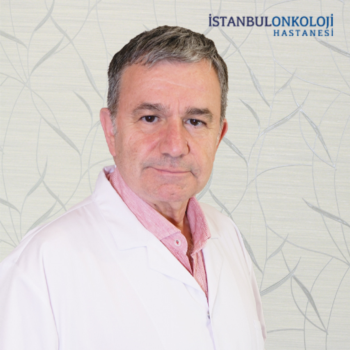The radiation oncology department is a specialised medical department that focuses on the use of ionising radiation in the treatment of cancer and other diseases. Radiation oncologists are trained medical professionals who specialise in the use of radiation therapy to target and treat cancerous cells in the body.
What is radiotherapy? And does it work?
Also known as radiation therapy, or beam therapy, it is a type of medical treatment that uses high-energy radiation to destroy cancer cells or prevent their growth. It is one of the main treatment modalities used in the management of cancer.
Radiotherapy works by delivering targeted doses of radiation to the site of the cancerous tumour or to the surrounding area where cancer cells may have spread. The radiation damages the DNA within the cancer cells, causing them to lose their ability to divide and grow. Over time, the cancer cells may die, and the body's immune system may help eliminate them.
What are the benefits of radiotherapy?
Radiotherapy is applied to the majority of cancer patients, and in some cases, it may be the only solution. Radiotherapy may also be combined with chemotherapy to achieve better results, and it has several benefits in the management of cancer:
1. Localised treatment: Radiotherapy allows for the delivery of high-energy radiation directly to the tumour or the surrounding area, which can help target cancer cells with minimal damage to nearby healthy tissues.
2. Curative intent: radiotherapy can be used with the aim of curing cancer, either as the primary treatment or in combination with other treatments such as surgery or chemotherapy. It can be highly effective in controlling the growth of cancer cells and achieving long-term remission in many cases.
3. Adjuvant therapy: Radiotherapy can be used after surgery or other treatments to reduce the risk of cancer recurrence.
4. Palliative care: Radiotherapy can be used to relieve symptoms and improve quality of life in advanced or metastatic cancers where a cure is not possible. It can help shrink tumours, alleviate pain, control bleeding, and reduce other cancer-related symptoms.
5. Combination with other treatments: Radiotherapy can be used in combination with other cancer treatments such as surgery, chemotherapy, and targeted therapies to provide a multi-modal approach to cancer management.
6. Precise and advanced technology: Advances in technology and treatment planning have improved the precision and safety of radiotherapy. Techniques such as image-guided radiation therapy (IGRT), intensity-modulated radiation therapy (IMRT), and stereotactic body radiation therapy (SBRT) allow for highly targeted and precise delivery of radiation, minimising damage to healthy tissues and improving treatment outcomes.
It's important to note that the benefits of radiotherapy depend on the type, location, and stage of cancer, as well as the overall health and condition of the patient.
Last Update Date 18 April 2023 Editör Admin Ceyhun Taş - 0541 809 1296















